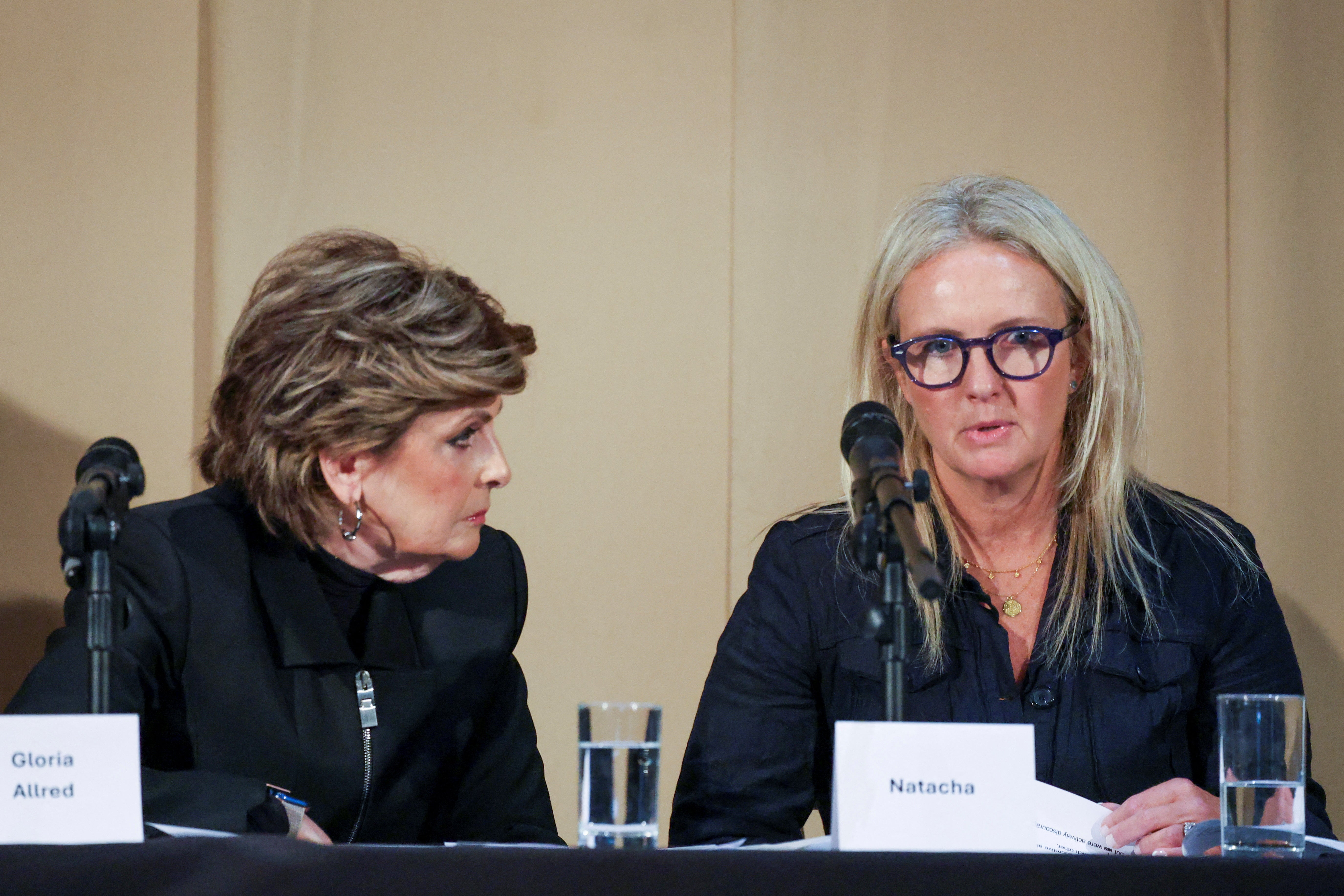Pelicot, P Diddy, Al-Fayed – women are finally speaking out. Is this the second coming of Me Too?
As women step forward to expose a seemingly endless list of crimes by high-profile abusers, Olivia Petter asks: is this a step backwards for feminism, or are we about to see another wave of justice for victims?


I can’t remember how we got onto the subject, but for some reason, a few months ago, I found myself in a heated debate at the pub with two men I’d just met. We were talking about how Harvey Weinstein’s conviction for rape had been overturned by New York’s highest court.
One of the men was arguing that it made sense, given how long ago some of the alleged assaults took place. “Why would anyone come forward with a random rape claim so many years after it happened?” he asked. “It just doesn’t add up.”
Actually, it does – according to the charity Rape Crisis, around five in six women who are raped do not report it at all, let alone years after it happened. There are myriad reasons for this, and I was reminded of all of them this week when a new stream of allegations dating back decades emerged against yet another powerful man.
Former Harrods owner Mohamed al-Fayed has been accused of raping five women and sexually abusing at least 15 others when they worked at the Knightsbridge luxury department store. According to a new BBC investigation, the allegations date back to the Nineties, with most taking place at Fayed’s private properties in London, Paris, St Tropez, and Abu Dhabi.
One woman, who was a teenager when the alleged assault took place, described Fayed as a “monster, a sexual predator with no moral compass whatsoever”, who viewed staff at Harrods as his “playthings”.
Fayed – whose son, Dodi, was killed in a 1997 car crash with Princess Diana – died last year aged 94. Harrods has said it is “utterly appalled” by the allegations, and said they were the actions of “someone intent on abusing his power wherever he operated”.
Since the allegations first emerged on Thursday, more have come to light, as is unfortunately all too typical of these sorts of things. And, despite what the stranger in the pub seemed to think, I suspect they will only keep on coming. Because as we know all too well from what happened after those initial allegations against Weinstein first emerged in 2017, once the floodgates have opened, it’s an invitation for other survivors: a signal that it’s safe for you to speak out and say, “me too”.
It seems, however, that we’ve learned very little from that reckoning – which brings me back to the reasons why rape survivors might not come forward until years later, if at all.
Fear of retribution is a big one – particularly if, like Fayed, the alleged perpetrator is in a position of direct professional power over you.
Then there’s the shame: blaming yourself for the actions of your rapist in the way that all survivors, particularly women, have been conditioned to do (“I drank too much”; “I shouldn’t have said that”; “I was asking for it”, and so on).
Finally, there’s the fear of not being believed, and the overwhelming responsibility of dealing with a seismic physical and psychological trauma that society will tell you isn’t real.
Reporting a rape is also far from easy, by the way, as I’ve written about before in these pages – nearly 70 per cent of rape victims drop out of investigations midway through.
With this latest spate of allegations, on top of Diddy’s impending sex-trafficking case (the star has been accused of kidnapping, drugging, and coercing women into sexual activities), the mass rapes committed by Dominique Pelicot and his many other alleged rapist friends, and every allegation of sexual violence levelled against Andrew Tate, it’s hard to not to despair and ask if the MeToo movement ever happened at all?
Of course, it did, and I suspect none of this would have come to light had it not been for #MeToo, even if it might feel like things are regressing.
But the thing that itches away at me is that I know there are so many more stories like this that we still don’t know about. That there are still so many rapists who are walking freely among us – and not just because fewer than three in 100 rapes recorded by police between April 2023 and March 2024 resulted in someone being charged that same year.
It’s because survivors will never come forward unless they feel that it’s safe to do so – and the sad truth is that it almost never is.
Bookmark popover
Removed from bookmarks